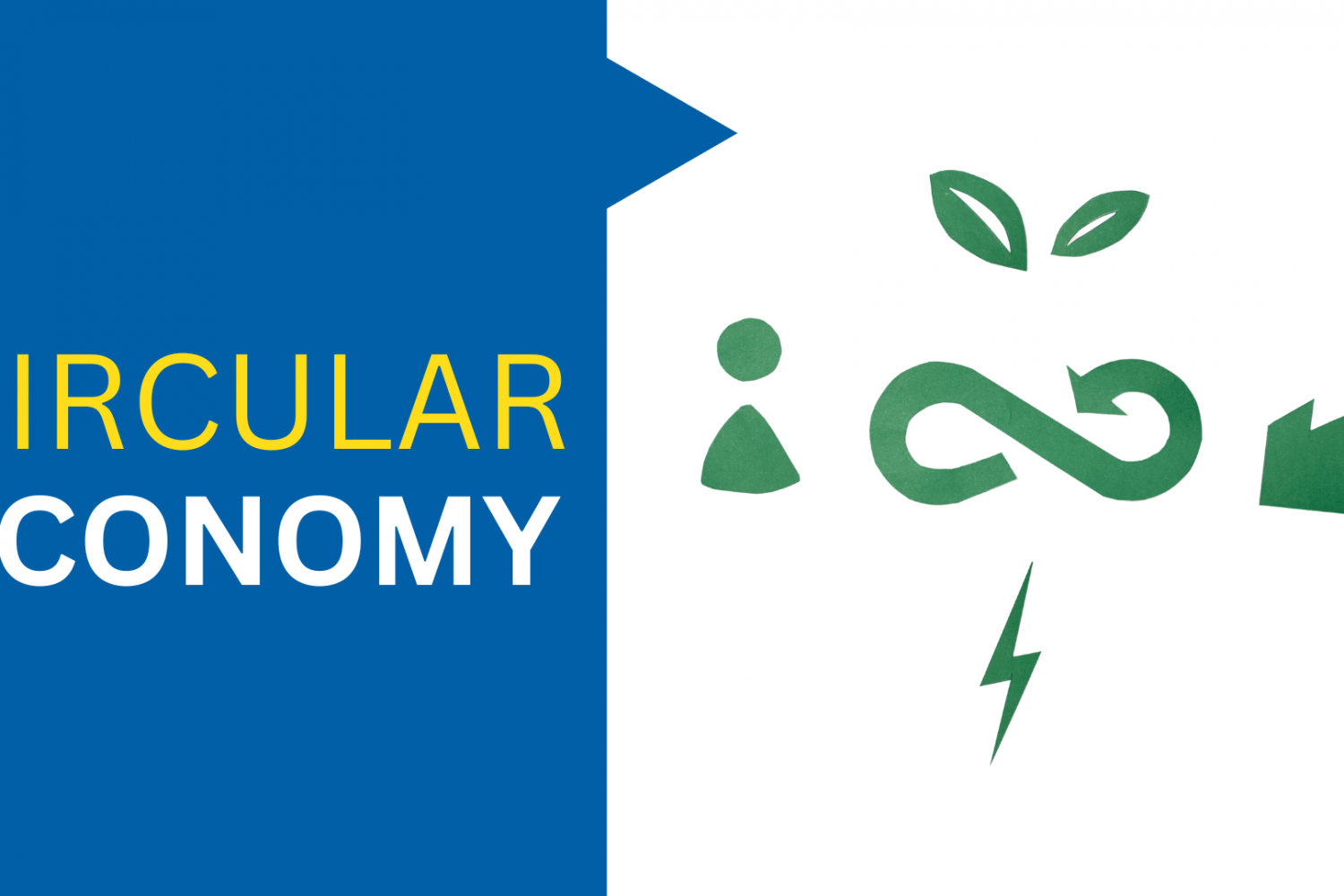A circular economy is an economic model that aims to keep resources in use for as long as possible, thereby reducing waste and promoting sustainability. In the context of plastic waste management, a circular economy approach can be an effective way to reduce the environmental impact of plastic and promote its reuse and recycling.
One of the key features of a circular economy is the concept of closed-loop systems, in which materials are continuously reused or recycled. This can be achieved through a range of strategies, including product design for disassembly and recycling, material substitution, and the development of new technologies and business models that promote the reuse and recycling of materials.
One promising example of a circular economy approach to plastic waste management is the use of advanced recycling technologies, such as chemical recycling, which allows for the breakdown of plastic waste into its basic chemical building blocks, which can then be used to create new plastic products.
This approach can greatly increase plastic recycling rates, as it allows for the recycling of plastic waste that was previously difficult or impossible to recycle using traditional methods.
Another key element of a circular economy is the concept of extended producer responsibility (EPR), which shifts the responsibility for waste management from consumers to producers. Under an EPR system, producers are required to take responsibility for the environmental impact of their products throughout their lifecycle, including the collection and recycling of waste.
This can be achieved through the use of deposit-refund systems, product take-back programs, and other initiatives that encourage the reuse and recycling of materials.
The adoption of a circular economy approach to plastic waste management can bring a range of benefits, including reduced greenhouse gas emissions, the creation of new jobs and economic opportunities, and the conservation of natural resources. It can also help to reduce the environmental impacts of plastic pollution, including the negative impacts on wildlife and marine life.
Overall, the potential of circular economies in plastic waste management is significant, and there is growing recognition of the need for a shift toward this approach in order to address the global plastic waste crisis.
While there are challenges to be overcome, including the need for investment in advanced recycling technologies and the development of effective regulatory frameworks, the adoption of a circular economy approach has the potential to greatly reduce the environmental impact of plastic and promote a more sustainable future.

